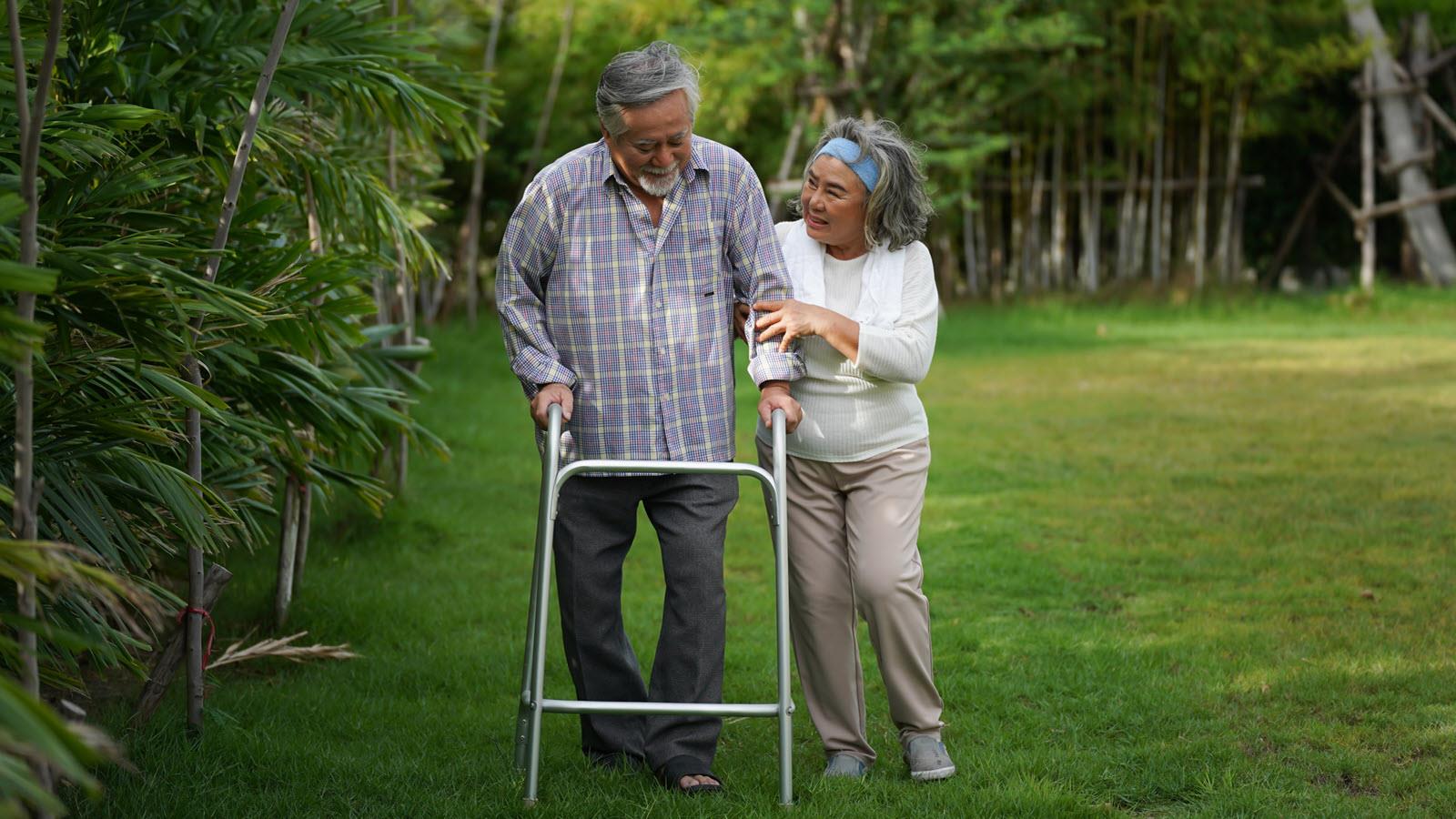Caregivers are often underrepresented, an afterthought, in any conversation about the struggles of patients who are living with serious and rare diseases.
But they have a vocal advocate in Margaret Bevans, director of the Office of Research Nursing at the U.S. National Institutes of Health. This year, at NIH’s Rare Disease Day event, Bevans spoke not just in support of caregivers, but as someone with firsthand knowledge.
Her two-year-old granddaughter has Pompe Disease, a metabolic glycogen storage disorder that affects the heart and muscles. She receives an intravenous enzyme replacement treatment every other week, Bevans said. Her caregivers include her parents and her Pop-Pop, Bevans’ husband.
“I'm here today to make a universal statement of permission for all caregivers of those with rare disease to participate in everyday self-care activities so that you can maintain and grow your resilience,” she said.
Around the world, 300 million people have a rare disease, 30 million of those in the U.S. alone.
Self-care, including nutrition, exercise, and social relationships, can fall by the wayside for many caregivers. They often rearrange their entire lives to care for loved ones, including coordinating care, researching conditions, making decisions and advocating for what the person needs.
Caregivers “are giving of themselves unconditionally to those they love to make a difference in their life,” said Bevans. But caregiving is also a complex, chronic stressor. The relentless need to offer care and support, paired with higher levels of worry and concern, mean caregivers often suffer from anxiety, depression, worry and loneliness.
In a 2013 survey of over 250 caregivers, a majority reported impacts to psychosocial functioning: 69% reported feelings of depression, 89% reported anxiety and stress, and 59% reported isolation from friends and family. And just about all of them – 96% – were worried about the future.
Those mental burdens can lead to physical health problems like trouble sleeping, headaches, pain, and fatigue, Bevans said. And chronic stress of any kind can harm your immune system, your heart and your quality of life.
“We see that parents of individuals with rare disease will have a quality of life that is slightly lower than those parents who have children who are unaffected by a rare disease,” she said.
Caregiving is also different for everyone. Some patients will need more care than others. Some caregivers may be surrounded by an all-star support team, while others will feel like they’re flying solo. And many caregivers feel the pinch of multiple responsibilities, such as other children or elderly parents.
“Caring for people with rare disease is as unique as the disease itself,” Bevans said.
But one thing is common to all caregivers: The need to build resilience in the face of chronic stress. The key to building resilience, Bevans says, is balance.
“Caring for yourself is critically important. That means not only are you caring for your loved one every day, but you are setting specific self-care objectives or goals as well,” she said. “You are giving attention to your own emotional health and spiritual health. You are paying attention to your physical health with nutrition and activity.”
Another way to build resilience is to build confidence. Worrying about whether you’re actually helping someone can be draining, and one surefire cure is to up your skills.
“If there are any areas of medical care you provide that you don't understand, talk with your providers and learn and get trained so you can be confident with the care you provide to your loved ones,” Bevans said.
A study in Sweden found that families that participated in an educational program consisting of lectures and discussions about the caring, social, educational and medical aspects of their child’s disease developed competence and felt empowered to care for their children. The program reduced strain on mothers and fathers. It improved coping, perceived social support, and overall life satisfaction.
Having your own support system can help you maintain your own health. Though you might be more accustomed to being a support system, remember that you can also lean on friends and family. Delegate tasks when you need some time for yourself. Join a support group, which studies have shown are particularly helpful for caregivers of children with rare diseases. These steps are good investments as you prepare for the challenges ahead, Bevans said.
“As the carer, as the caregiver, you are a key member, a very important member of the team,” she said. “And so you need to stay strong so that you show up with your best to help those you love.”



